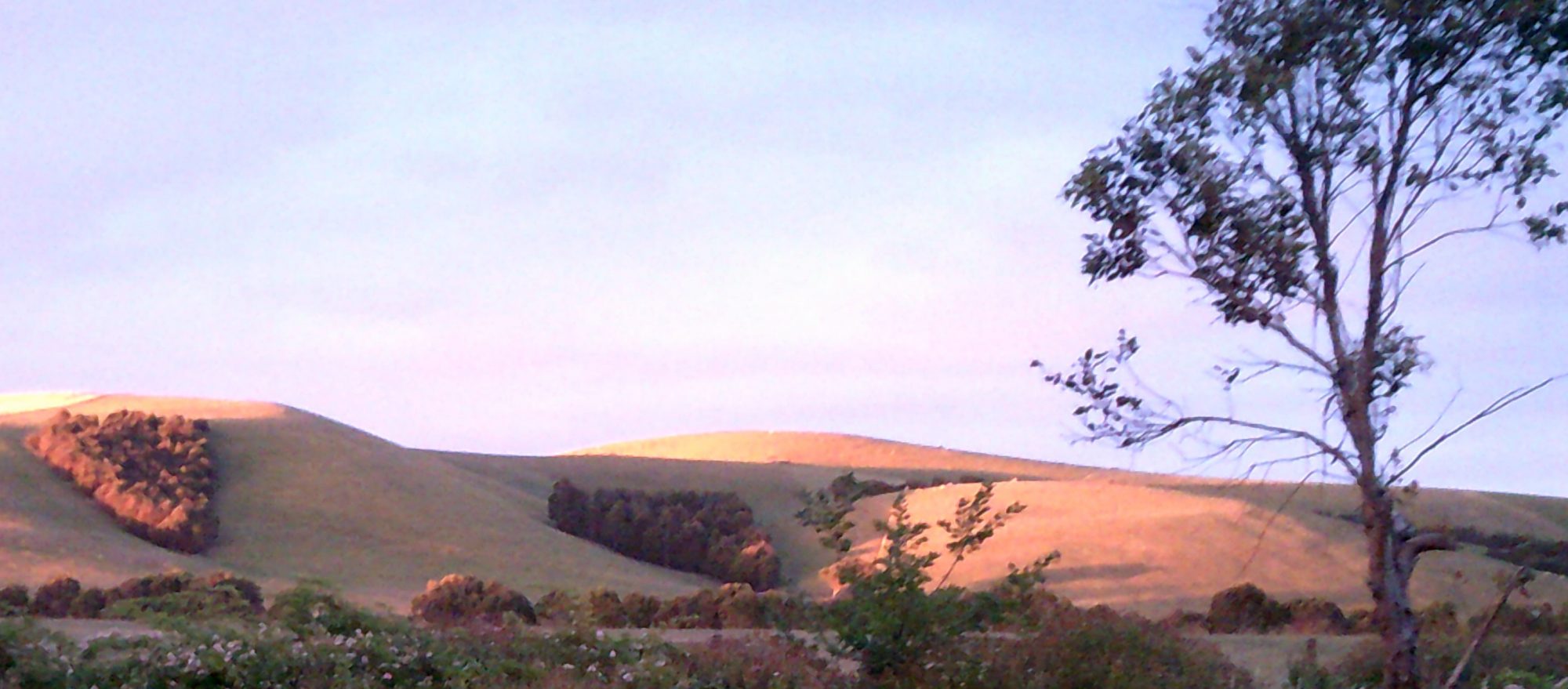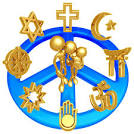My Neighbor, My Friend – A Story of Real Solidarity By: Sharuk Mohammedi (Age: 17).
I am a refugee. Behind those words is a history of displacement, survival, and strength. I didn’t choose to leave my homeland, but I had no choice. Like so many others, I crossed borders not just of geography but of identity—leaving behind familiarity for uncertainty. Yet, in the middle of that uncertainty, I found something powerful: the solidarity of neighbors who became friends. When my family arrived in Cox’s Bazar, we expected to be treated like strangers. Instead, we were met with a surprising sense of familiarity. The people in the host community spoke a language that sounded like home. Their words were not foreign. Their expressions, their customs, even their food reminded me of the village life we left behind. This closeness in culture helped bridge the gaps between us long before official programs or organizations stepped in. But even with this shared language and culture, there were still invisible barriers—barriers of fear, misunderstanding, and mistrust. Many of us Rohingya feared being judged, and many locals feared being overwhelmed by our presence. We had all suffered in our own ways. Yet slowly, that began to change—not through policies or press releases, but through the quiet strength of human connection. I remember one day in the early months after we arrived. It had rained heavily, and our shelter had started leaking. As we struggled to save our bedding, a local family from the nearby village came with tarpaulin and offered to help. They didn’t ask questions. They didn’t hesitate. They simply saw neighbors in need and responded with action. That was the first time I truly understood what solidarity looks like. Solidarity is not just about giving—it’s about standing together. It means recognizing the dignity in one another, regardless of our status. It means sitting together in classrooms, working side by side in the fields, and sharing moments of joy and grief as equals. Now, I am growing up in this camp—not just surviving, but learning. I study hard and dream of a better future, not only for myself but for everyone who has suffered like I have. I may not have many opportunities, but I try to take every one that comes. I help other students when I can, and I listen to the stories of people around me. I believe our voices matter. And I carry with me the lessons I’ve learned from those who reached out to us—not as outsiders, but as part of one shared community. The theme “My Neighbor, My Friend” is more than just a phrase to me. It is a lived reality. I’ve seen young people from both the refugee and host communities play football together, share meals during Ramadan, and sit under the same roof to learn and dream. These are not just acts of kindness—they are acts of resistance against the forces that want to divide us. Being a refugee does not erase my identity. I am still someone’s son, someone’s classmate, someone’s friend. And while I have lost my home, I have not lost my humanity. It is the solidarity of others—neighbors who didn’t turn away—that reminded me of that truth. There is still a long way to go. Challenges remain—poverty, limited resources, and social tensions can sometimes test our unity. But I believe that the bonds we build now, at this grassroots level, are the foundation for something greater: a future where no one is left behind simply because they had to flee. To those reading this, whether you’re a refugee like me or a host community youth: solidarity is something we all can practice. It doesn’t always require money or power. Sometimes, it simply takes the courage to listen, to respect, and to walk beside someone whose journey is different from your own. Because in the end, true friendship isn’t defined by where you were born. It’s defined by how you treat those around you. And sometimes, the most meaningful friendships begin in the most difficult places. My neighbor became my friend. And through that friendship, I found the strength to keep going.

